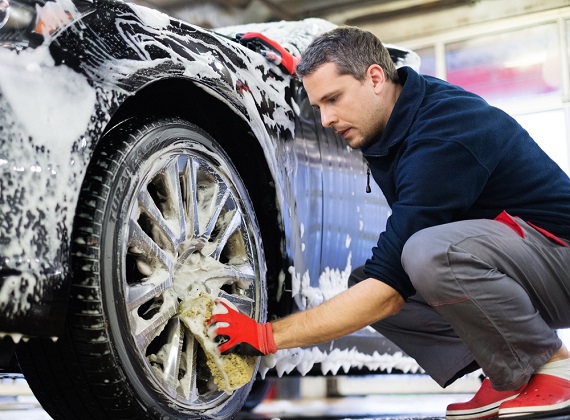As you transition from lock-down to “real life” and take your car out of mothballs to put it back on the road, here’s an important question: did your license or registration inadvertently expire while you were watching Netflix? Is your vehicle inspection overdue? If you forgot to renew vehicle-related credentials or your credentials are about to expire, you may be relieved to know that many states have offered extensions. For example, the Massachusetts Registry of Motor Vehicles license renewal dates have been extended as follows:
- Driver’s licenses and ID cards that expired or will expire in March, April, and May 2020, will now expire in September 2020.
- Driver’s licenses and ID cards that will expire in June have been extended until October 2020.
- Driver’s licenses and ID cards that will expire in July have been extended until November 2020.
- Driver’s licenses and ID cards that will expire in August have been extended until December 2020.
Learn more about changes in procedures, office openings, and more at MA RMV – COVID-19 Information.
Here are links where you can find out how other New England states are handling vehicle related credentials:
- Connecticut Department of Motor Vehicles issued a 180-day Credentials Extension for expiring DMV credentials. The extension includes all Connecticut driver’s licenses, learner’s permits, identity cards, emissions testing and registrations. The extension is effective immediately. See complete list at CT DMV.
- New Hampshire Division of Motor Vehicles issued a series of bulletins, including Options for Customers During Covid-19 Pandemic; New NH DMV License and Registration Extension Options; and NH DMV Extends Expiration Date of Previously Issued 20-Day Plates. Stay up to date at NH DMV.
- Rhode Island Division of Motor Vehicles – all road tests are cancelled through June 5. Driver licenses, learner permits, IDs, CLPs, CDLs, registrations, inspection stickers, and disability placards scheduled to expire in the months of March, April, or May 2020 have been extended by 90 days. Find general information and updates at RI DMV
- Maine Bureau of Motor Vehicles – On May 26, 2020 the Governor signed Executive Order 53-A, which means if a person can register normally through their municipality or Bureau of Motor Vehicle Office they must do so immediately. If your municipality is NOT accepting payments through Rapid Renewal, by mail, by telephone, or in the municipal office the notice of March 20, 2020 still stands. See Maine Bureau of Motor Vehicles for details and updates.
See our recent post: Get that idle car back on the road in tip-top shape
Reprinted from Renaissance Alliance – no usage without permission.






